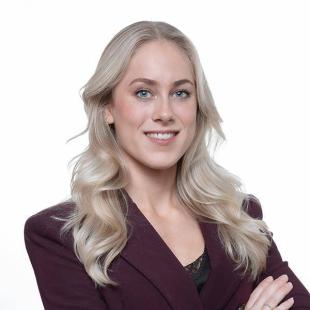
Key contacts
|
| Placing a DTx on the marketThis part provides an overview of the key legal requirements a company offering a software in this field needs to consider and, depending on the actual legal qualification of the software, comply with. This covers the product qualification – medical device or not –, the interaction between product and service component, data protection requirements and other key legal points to consider to get market access. |
|
| Promotion of a DTx on the marketThis part provides an overview of the key legal aspects that need to be observed when starting to promote the DTx on the respective market. For companies wanting to enter a market it is often crucial to understand whether direct to consumer promotion is possible and whether benefits or rebates may be offered. Also, it is important to understand which distribution channels exist and how to best partner with third parties already active on the target market. |
|
| Payment for a DTx on the marketThis part provides an overview of the key legal aspects that apply in relation to the creation of revenues for a DTx. Different options of creating revenues exist, each depending on the respective legal and reimbursement framework. Points covered here are the identification of potential payors, payment options in the private sector and the public sector as well as – if already in existence – reimbursement mechanisms for DTx. |
Last update: October 2023









